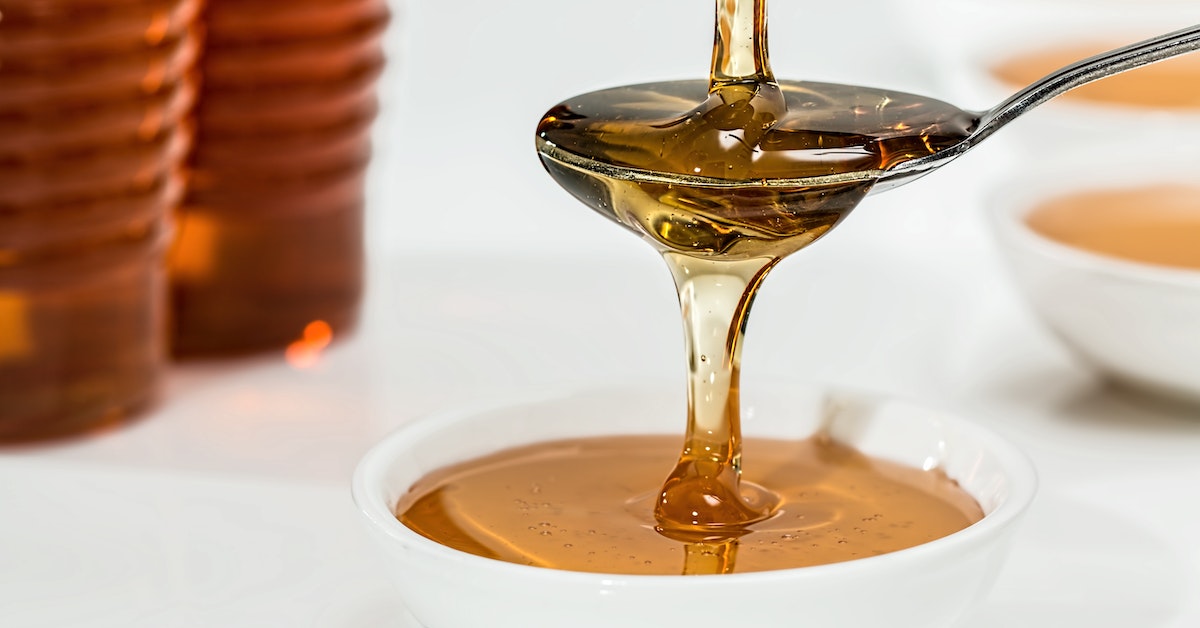Blueberries are a healthy and delicious treat for humans, but can dogs eat blueberries? The short answer is yes, dogs can eat blueberries. Blueberries are a healthy snack for dogs and are packed with vitamins, minerals, and antioxidants. However, there are a few things you should keep in mind when feeding blueberries to your dog. In this article, we’ll give you a comprehensive guide to feeding blueberries to your dog. We’ll discuss the benefits of blueberries for dogs, how to feed them, and how to avoid potential problems.
Are Blueberries Good for Dogs?
Blueberries have a lot of great health benefits for humans, and they’re also beneficial for dogs. Blueberries are an excellent source of vitamin C, iron, and vitamin K. All of these vitamins and minerals are crucial for a healthy body and mind. Blueberries are also a source of antioxidants that promote long-term health. These antioxidants can help prevent certain diseases and ageing. So, yes, blueberries are a great snack for dogs. They are healthy and nutritious, and they can provide many benefits for your dog. Blueberries can also be beneficial for your dog’s digestive system. They are a source of fibre, which can help with digestion. Blueberries can also be helpful for your dog’s urinary tract. They are a source of vitamin C, which can help prevent certain diseases like bladder stones. Although blueberries are generally good for dogs, they can have a few drawbacks as well. Let’s take a look at some of the potential problems with blueberries and dogs.
Can Blueberries Be Bad for Dogs?
As we’ve just discussed, blueberries are a portion of healthy and nutritious food for dogs. However, there may be certain situations where they may be harmful. For example, if your dog suffers from any sort of gastrointestinal issues, it may be best to avoid blueberries. If your dog has problems with its digestive system, feeding them blueberries may exacerbate the issue. Blueberries are high in fibre and may cause other digestive issues in dogs with sensitive stomachs. Another situation where blueberries may not be ideal for dogs is if they are on a specific medication. Some drugs are designed to treat certain conditions, and blueberries may interfere with those medications. Talk to your vet if your dog is on any medications and you want to feed them blueberries.
The Benefits of Blueberries for Dogs
Blueberries are an excellent source of vitamins, minerals, and antioxidants. This makes blueberries an excellent choice for your dog’s diet. Feeding your dog blueberries can provide many benefits. For example, blueberries are a good source of vitamin C. This means blueberries may help prevent urinary tract infections. Blueberries also contain iron, which is essential for dogs’ health. Iron is important because it helps maintain red blood cells. Red blood cells are responsible for transporting oxygen throughout the body. Therefore, iron is crucial for a healthy metabolism and energy levels. Blueberries also contain vitamin K, which is important for blood clotting. This means blueberries may help prevent diseases like osteoporosis and blood clots. Blueberries are also antioxidant-rich, which can help prevent diseases.
Potential Problems with Feeding Blueberries to Dogs
As we’ve discussed, there may be certain situations where blueberries are not ideal for dogs. There are also a few potential problems associated with feeding blueberries to dogs. For example, dogs should not eat too many blueberries because they are high in sugar. Feeding your dog too many high-sugar treats may cause health issues in the long term. Blueberries are not a good food to feed your dog regularly. This is because blueberries are high in sugar and other vitamins and minerals. Feeding your dog blueberries regularly may lead to hypervitaminosis. This is when vitamins and minerals are in excess in the body and may lead to serious medical issues.
How to Feed Blueberries to Your Dog
Feeding your dog blueberries is relatively simple. You can use blueberries in many different recipes to add them to your dog’s diet. For example, you can feed blueberries as a topping on yoghurt or oatmeal. You can also use blueberries to mix into a muffin or pancake recipe. You can also use blueberries to make a blueberry smoothie. Simply blend blueberries with water until they are thoroughly mixed. You can then pour the smoothie into a bowl and feed it to your dog.
How Many Blueberries Can Dogs Eat?
As with most foods, there is not an exact number for how many blueberries dogs can eat. This will vary depending on your dog’s size, age, metabolism, and other health factors. You should always take into account your dog’s current diet. If your dog is currently eating a healthy diet, you may be able to feed them a few blueberries as a snack. However, if your dog is already eating a high-sugar diet, you may want to avoid blueberries. If you are new to feeding your dog blueberries, you may want to start small. Feeding your dog a few blueberries is fine as long as they are not eating too many other sugary treats.
Can Dogs Eat Dried Blueberries?
Dried blueberries are a popular treat for dogs. They can be added to many different recipes such as trail mix and yoghurt. Dried blueberries are essentially the same as fresh blueberries. However, they are dried and may be easier to feed to your dog. If you want to use dried blueberries, you may want to check their nutritional content. Dried blueberries are a good source of vitamins and minerals. They are also high in fibre and antioxidants. Like fresh blueberries, dried blueberries can be beneficial for your dog’s digestive system. They may help promote better gut health and reduce the risk of gastrointestinal issues. Dried blueberries are generally safe to feed to your dog. They are healthy and nutritious snacks that can provide many benefits.
Can Dogs Have Blueberry Yogurt?
Blueberry yoghurt is also common among dog treats and recipes. Like dried blueberries, blueberry yoghurt is a good way to add blueberries to your dog’s diet. Like dried blueberries, blueberry yoghurt is good for your dog’s digestive system. It can promote better gut health and reduce the risk of gastrointestinal issues. Blueberry yoghurt is also a healthy snack for dogs. It is a good source of vitamins, minerals, and antioxidants like fresh blueberries. Like fresh blueberries, blueberry yoghurt can help prevent certain diseases and promote long-term health. Blueberry yoghurt can be fairly easy to make. You can mix blueberries with low-fat yoghurt until the two are thoroughly blended together. You can then serve the yoghurt and feed it to your dog.
Can Dogs Have Blueberry Muffins?
Blueberry muffins are another easy recipe to add blueberries to your dog’s diet. Like other blueberry treats, they are a good source of vitamins, minerals, and antioxidants. Blueberry muffins can provide many benefits to your dog. They can help prevent diseases and promote long-term health. Blueberry muffins are relatively straightforward to make. You can create them using any basic muffin recipe. You can add blueberries to the muffin batter before baking them. When the muffins are baked, the blueberries will be evenly distributed throughout the muffins. You can feed the blueberry muffins to your dog as a snack or treat.
Conclusion
Blueberries are a portion of healthy and nutritious food for dogs. They are packed with vitamins, minerals, and antioxidants that can provide many health benefits. Blueberries are a good source of vitamin C, iron, and vitamin K. They can also be beneficial for your dog’s digestive system thanks to their high fibre content. Blueberries can be a healthy treat for dogs, but you should always be aware of how much your dog is eating. Dogs do not need as many blueberries as humans do, so you should be careful not to overfeed them. If you want to start feeding your dog blueberries, you can mix them into many different recipes. Feeding your dog blueberries can provide many benefits. They are a good source of vitamins and minerals, and they can help prevent diseases and promote long-term health.





